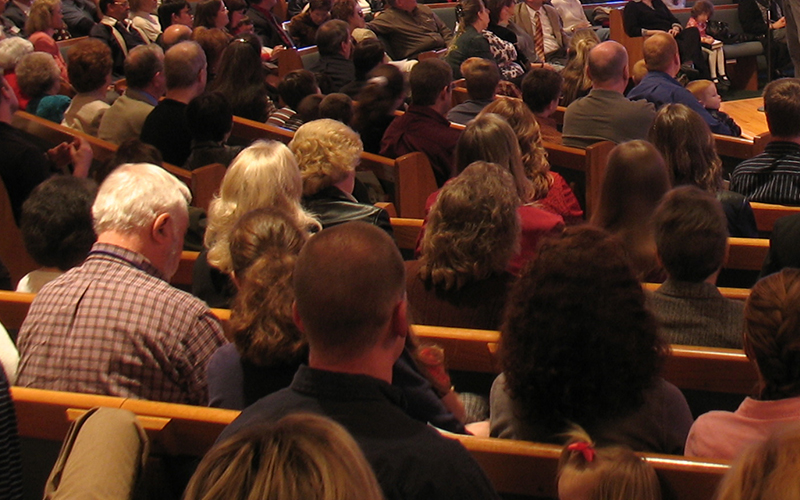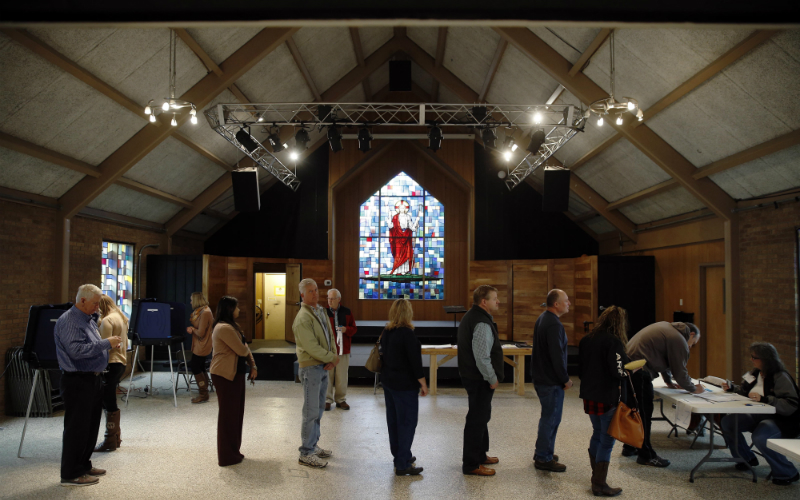According to Nick Stumbo, executive director of Pure Desire Ministries, research done with the Barna polling group found 54% admitted they struggle with pornography. Among men and women, he said, that figure includes 75% of men and 44% of women.
“So it's not just a man's issue, it's a people problem,” Stumbo, interviewed on American Family Radio, said.
Pure Desire partners with churches, now numbering about 1,200 nationwide, to establish a support group in which struggling people can get help
Pure Desire Ministries can be traced back to a church pastor, Dr. Ted Roberts, who wanted to help his own congregation that was struggling with pornography and related issues. He wrote the book “Pure Desire” to help married couples.
 In 2007, Pure Desire became an independent non-profit that relies on years of biblical study and clinical research pioneered by Roberts.
In 2007, Pure Desire became an independent non-profit that relies on years of biblical study and clinical research pioneered by Roberts.
Stumbo told the “Today’s Issues” program the pervasiveness of pornography has only grown worse over the years. There was a time when seeing it meant visiting a seedy theatre, or buying a magazine, but it’s now at our fingertips with access to the Internet.
"Christian men and women are still human beings with God-given brains that desire sexual pleasure,” Stumbo said. “And that, I think, easily leads to making sinful bad choice, and there is so little help available in the Church.”
People might try to kick a pornography addiction by committing to sincere prayer, confessing it to another person, or getting accountability software. The biggest problem many people face, Stumbo told the radio program, is pornography addiction “thrives” in secrecy and isolation.
That is why Pure Desire Ministries encourages people to find a partnering church and join a group.
"We've seen that when there is an intentional group process, where people know you and know what you're going through, and support you, and you're able to tell your story in a very honest, straightforward way,” he stresses, “that really leads people into freedom."







